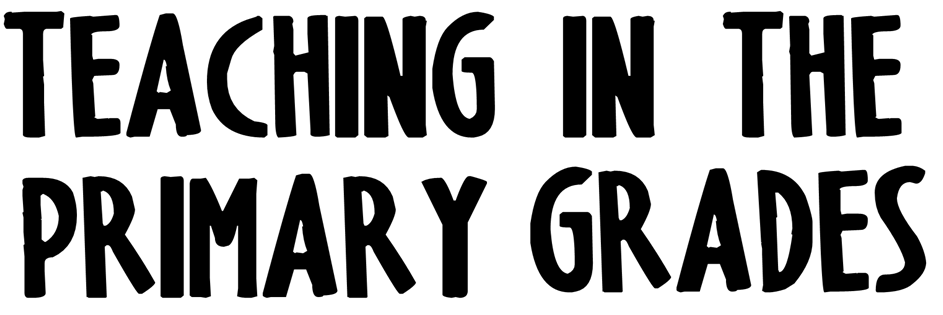Addition fact fluency is an important building block for learning more complex math skills. However, many students struggle to develop quick recall of math facts. Fun engaging games and activities can help your students develop their addition fact fluency without the boring "kill and drill" of flash cards. Below, I have compiled a list of my favorite games and activities that you can do with your class to add some variety to your fact practice.
1. Uno Flip
This fun ideas comes from Childhood 101. All you need is a deck of Uno cards, sticky notes and a pen. Write a plus sign on one sticky note and an equals sign on the other. Then place two piles of cards between the signs. Students take turns flipping cards over, writing equations and recording their answers. This game works great for fast finishers because it is something that a student can set up themselves and play alone or in a small group.
2.Math Fact Jenga

This is a super easy to set up idea from The First Grade Parade. Use dot stickers to add addition facts to the side of your Jenga blocks. To remover a block, a player must first solve the problem. I love this idea because the difficulty of the math facts can easily be changed throughout the year as your students grow more advanced. Head on over to The First Grade Parade for the complete rules.
3. Mystery Pictures
My students love mystery pictures. These mystery pictures are a great no-prep activity for you to use to help your students practice their addition fact fluency. The students solve the addition fact problems then, use the key to color each square of the page to reveal a mystery picture. Grab these mystery pictures in my TPT store here- lots of themes are included so you can use them all year long.
4. Timed Fact Mastery Programs
Timed fact tests are a great way for student to monitor their own progress towards developing addition fact fluency. My students love checking off each test they practice on their progress chart and of course, they also love earning prizes for their progress. My favorite program to help my students track their progress as they move through taking timed tests is Treasure Math.
Students take tests like this one:
I give my students 1.5 minutes to attempt to complete the test but, you can use whatever amount of time is appropriate for your students.
Students keep track of their progress on a chart like this:
Students keep track of their progress on a chart like this:

Every time they pass a test they use a sticker to mark off a step on their Treasure Map. Every time they mark off a space with a star, they receive a small prize. Pick up Treasure Math in my TPT store here.
4. Photo Album Review

This genius idea comes to us from First Grade Blue Skies. This is another great low prep activity for fast finishers. Simply place flash cards into a dollar store photo album. Students can practice solving the problems with a dry erase marker.
5. Around the World
Around the World is one of my class' favorite whole group games to play to practice math facts. To play you will need a set of flash cards. Have your class stand in a circle. Have the first student in the circle stand next to the second student in the circle. Show the first two students a flash card. The first student out of the pair to solve the problem correctly moves to stand next to the third student in the circle and they are again presented with a flash card. When a student gets a problem incorrect, they stay in their current position; if a student answers correctly they move to stand next to the next student in the circle. The goal is to move all the way around the circle, and back to your original spot, by answering faster than every student in the class.




